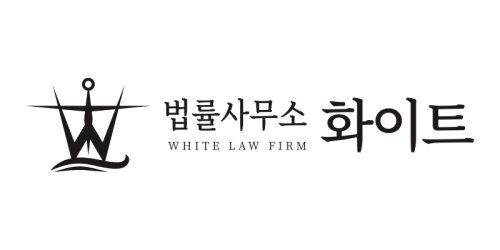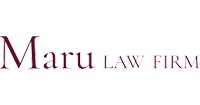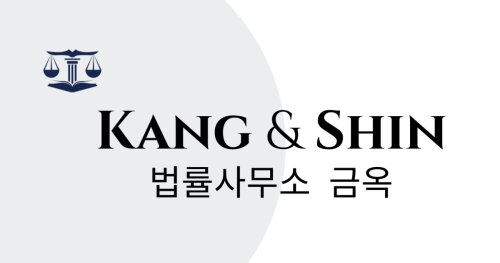Best Permanent Residency Lawyers in Seoul
Share your needs with us, get contacted by law firms.
Free. Takes 2 min.
List of the best lawyers in Seoul, South Korea
About Permanent Residency Law in Seoul, South Korea
Permanent Residency in Seoul, South Korea allows foreign nationals to live and work in the country without the need for a visa. It is a status granted to individuals who have met certain criteria set by the Korean government. Permanent residents enjoy many of the same rights and benefits as Korean citizens, including access to healthcare and education.
Why You May Need a Lawyer
Seeking Permanent Residency in Seoul, South Korea can be a complicated process with strict requirements. A lawyer can provide guidance on the application process, help gather necessary documents, and navigate any legal challenges that may arise. They can also assist with appealing a denial of Permanent Residency.
Local Laws Overview
Key aspects of local laws that are particularly relevant to Permanent Residency in Seoul, South Korea include the minimum residency requirement, financial stability, and contribution to Korean society. Applicants must demonstrate their commitment to living in Korea long-term, have a steady income, and show that they have integrated into Korean society.
Frequently Asked Questions
1. How long do I need to live in Korea to be eligible for Permanent Residency?
Foreign nationals must have lived in Korea continuously for at least five years to be eligible for Permanent Residency.
2. Can I work in Korea on a Permanent Residency visa?
Yes, Permanent Residency allows foreign nationals to work in Korea without the need for a separate work visa.
3. What documents do I need to apply for Permanent Residency?
Common documents needed for Permanent Residency application include proof of residency, tax returns, employment records, and criminal background check.
4. What are the benefits of Permanent Residency in Korea?
Permanent residents in Korea have access to healthcare, education, and social services. They can also sponsor family members for Permanent Residency.
5. Can I lose my Permanent Residency status?
Permanent Residency status can be revoked if the holder leaves Korea for an extended period or commits a serious crime.
6. Is there an age limit for applying for Permanent Residency?
No, there is no age limit for applying for Permanent Residency in Korea.
7. Can I appeal a denial of my Permanent Residency application?
Yes, applicants can appeal a denial of their Permanent Residency application through a formal process.
8. Can I become a Korean citizen through Permanent Residency?
While Permanent Residency is a step towards citizenship, it does not automatically grant citizenship. Individuals can apply for citizenship after maintaining Permanent Residency for a certain number of years.
9. Do I need to speak Korean to apply for Permanent Residency?
Knowledge of the Korean language is not a strict requirement for Permanent Residency, but it can be beneficial during the application process.
10. How can a lawyer help me with my Permanent Residency application?
A lawyer can provide legal advice, assist with gathering necessary documents, and represent you in any legal proceedings related to your Permanent Residency application.
Additional Resources
For more information on Permanent Residency in Seoul, South Korea, you can contact the Ministry of Justice or seek assistance from legal organizations specializing in immigration law.
Next Steps
If you need legal assistance with your Permanent Residency application in Seoul, South Korea, it is recommended to consult with a qualified immigration lawyer who can guide you through the process and help you address any legal challenges that may arise.
Lawzana helps you find the best lawyers and law firms in Seoul through a curated and pre-screened list of qualified legal professionals. Our platform offers rankings and detailed profiles of attorneys and law firms, allowing you to compare based on practice areas, including Permanent Residency, experience, and client feedback.
Each profile includes a description of the firm's areas of practice, client reviews, team members and partners, year of establishment, spoken languages, office locations, contact information, social media presence, and any published articles or resources. Most firms on our platform speak English and are experienced in both local and international legal matters.
Get a quote from top-rated law firms in Seoul, South Korea — quickly, securely, and without unnecessary hassle.
Disclaimer:
The information provided on this page is for general informational purposes only and does not constitute legal advice. While we strive to ensure the accuracy and relevance of the content, legal information may change over time, and interpretations of the law can vary. You should always consult with a qualified legal professional for advice specific to your situation.
We disclaim all liability for actions taken or not taken based on the content of this page. If you believe any information is incorrect or outdated, please contact us, and we will review and update it where appropriate.
















